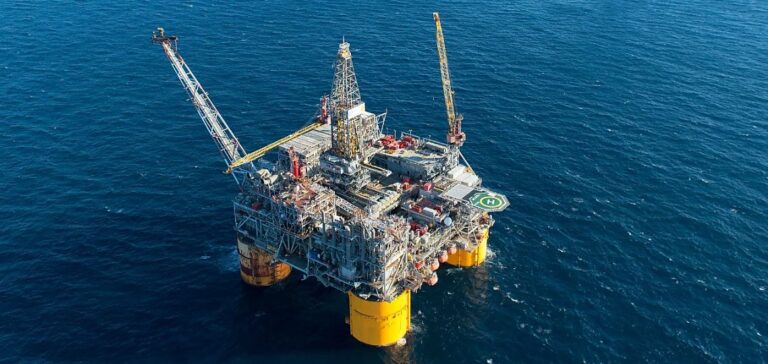Shell Offshore Inc. and Shell Pipeline Company, subsidiaries of Shell plc, have signed an agreement to increase their stake in the Ursa platform, located in the Gulf of Mexico. This transaction will allow Shell to increase its interest in this asset from 45.3884% to a maximum of 61.35%, following the acquisition of ConocoPhillips Company’s 15.96% stake.
A strategic investment for Shell
Zoë Yujnovich, Shell’s Integrated Gas & Upstream Director, stated that this targeted investment aims to further leverage the company’s existing upstream assets, generating strong cash flows while providing new growth opportunities.
The Ursa platform, commissioned in 1999, is located approximately 209 kilometres southeast of New Orleans in the Mars Basin, one of the world’s most prolific hydrocarbon basins. Since its launch, the Ursa/Princess field has produced over 800 million barrels of oil equivalent, ensuring stable production and offering new development prospects.
Details of the transaction
This acquisition also includes ConocoPhillips’ 15.96% stake in Ursa Oil Pipeline Company LLC, operated by Shell, as well as a 1% stake in the Europa prospect and a 3.5% royalty interest in the Ursa field. These interests were acquired by ConocoPhillips during its merger with Marathon Oil Corporation in November 2024.
ConocoPhillips adjusts its portfolio
For ConocoPhillips, this divestment aligns with its strategy of refocusing its portfolio, aiming to offload non-core assets to optimise its financial structure following the acquisition of Marathon Oil. Andy O’Brien, Senior Vice President of Strategy, Commercial, Sustainability, and Technology at ConocoPhillips, specified that this transaction contributes to the company’s goal of generating $2 billion in targeted divestitures.
The completion of this transaction remains subject to regulatory approvals, the exercise of preferential rights by other partners, and standard closing conditions. The deal is expected to be finalised by the end of the second quarter of 2025.






















